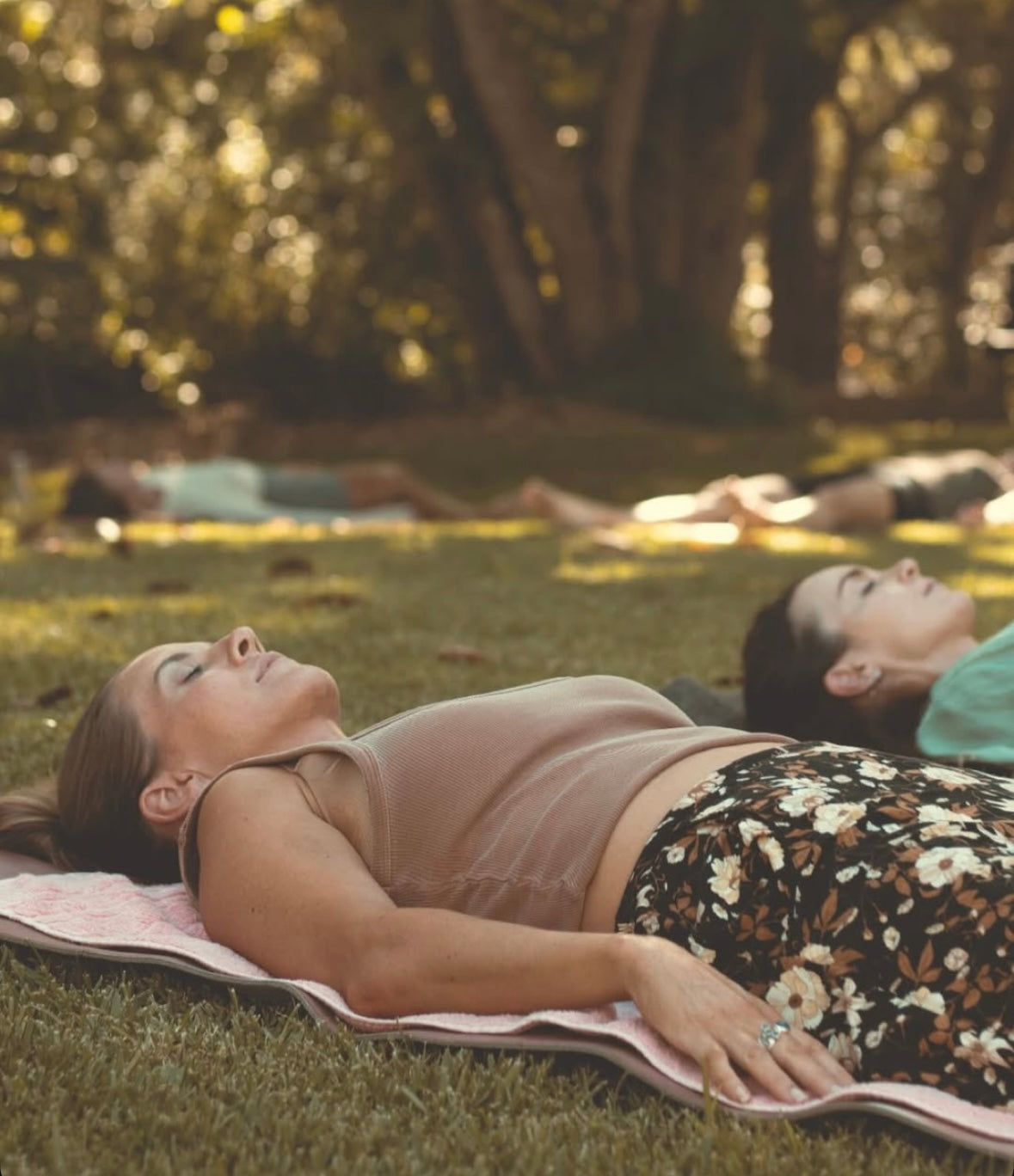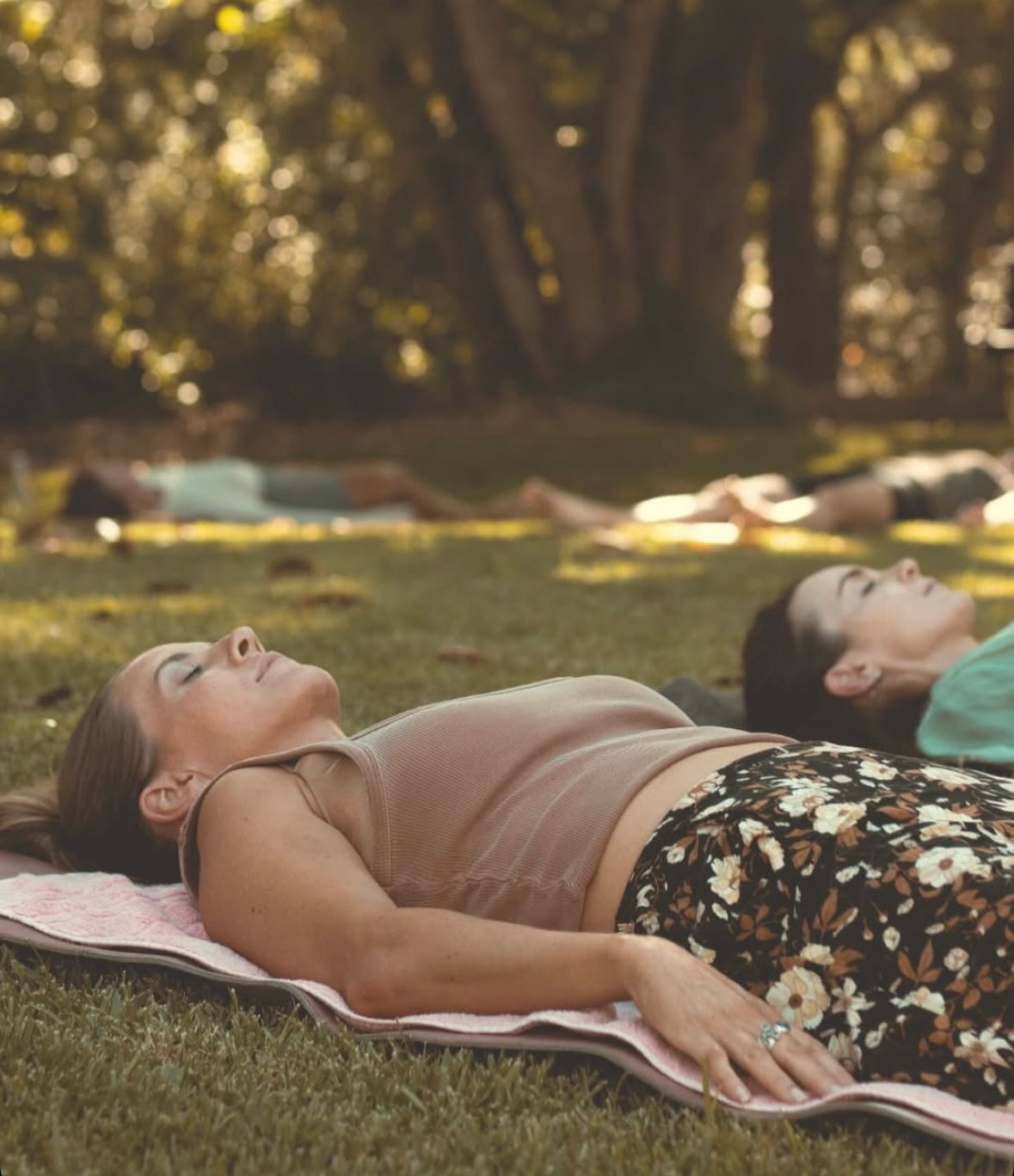As a parent, I understand the common concerns surrounding getting a baby 'used to' perfect, dark sleep conditions while desiring a flexible sleeper. In this exploration of common beliefs, let's unravel the truth about teaching babies to sleep anywhere, drawing insights from my own journey.
1. The Myth of Teaching Babies to Sleep Anywhere:
I firmly believe that the notion of teaching a baby to sleep 'anywhere' is a myth. Just like adults, some babies effortlessly adapt to various environments, while others find it challenging. My husband and I are perfect examples—he can sleep anywhere, whereas I need all the help!
2. Individual Variances in Sleep Adaptability:
The ability of a baby to sleep amidst distractions may be linked to temperament. If they struggle in less-than-ideal environments, they may need a dark, quiet room.
3. Personal Experience with Harlow:
Reflecting on my experience with my daughter, Harlow, I found that once she learned to sleep well in her dark, cozy room, she began sleeping in the car and pram without prior fuss. This NEVER happened. It was nothing short of a miracle—the impact of the dark room had a positive domino effect. Giving your child the opportunity to sleep in a completely dark room to sleep in, does not make them dependant on a dark environment to sleep. In fact, it can help them "sleep anywhere"
4. Embracing Unique Sleep Preferences:
Every baby is unique, and embracing their individual sleep preferences is key to a harmonious sleep routine. It's a journey of understanding and adapting to their distinct needs.
Understanding Newborns' Circadian Rhythms: Newborns are born without a fully developed circadian rhythm, which is the internal body clock that regulates sleep and wake cycles. Around six weeks of age, you may notice your baby becoming more alert during the day and more settled at night. This is because their circadian rhythm is starting to kick in. Creating a dark sleep environment can support this natural development, helping your baby distinguish between day and night, which is essential for establishing healthy sleep patterns. I suggest getting as much sunlight during the day as possible and especially first thing in the morning to set the circadian rhythm.
Ensuring your baby gets quality sleep is vital for their growth and well-being. Crafting the perfect sleep environment is a key step in fostering healthy sleep habits. For little ones, from babies to preschoolers, the magic often happens in a dark room, underscoring the importance of blackout blinds.
By introducing blackout blinds into your baby's sleep sanctuary, you don't create a dependancy, you create a serene and pitch-dark space that truly elevates the quality of their sleep. It's not just about falling asleep faster; it's about staying asleep and enjoying uninterrupted rest.
Because, let's face it, who doesn't love the idea of a peaceful, undisturbed night's sleep for their little bundle of joy?
Debunking the myth of teaching babies to sleep anywhere is a personal journey, and my experience highlights the importance of recognising individual differences. By sharing my insights, I aim to encourage parents to embrace their own unique paths and share their experiences. What's your experience in navigating your baby's sleep preferences? 💤✨👶






